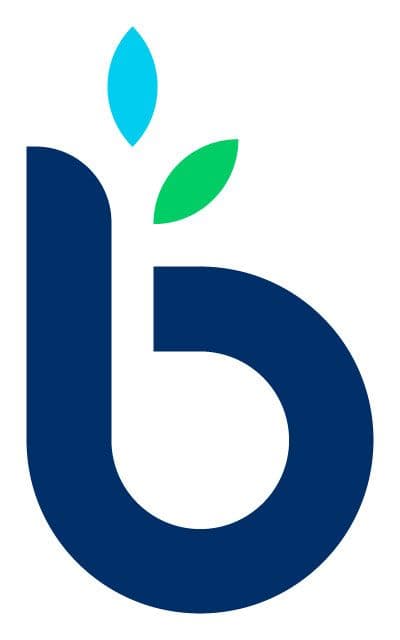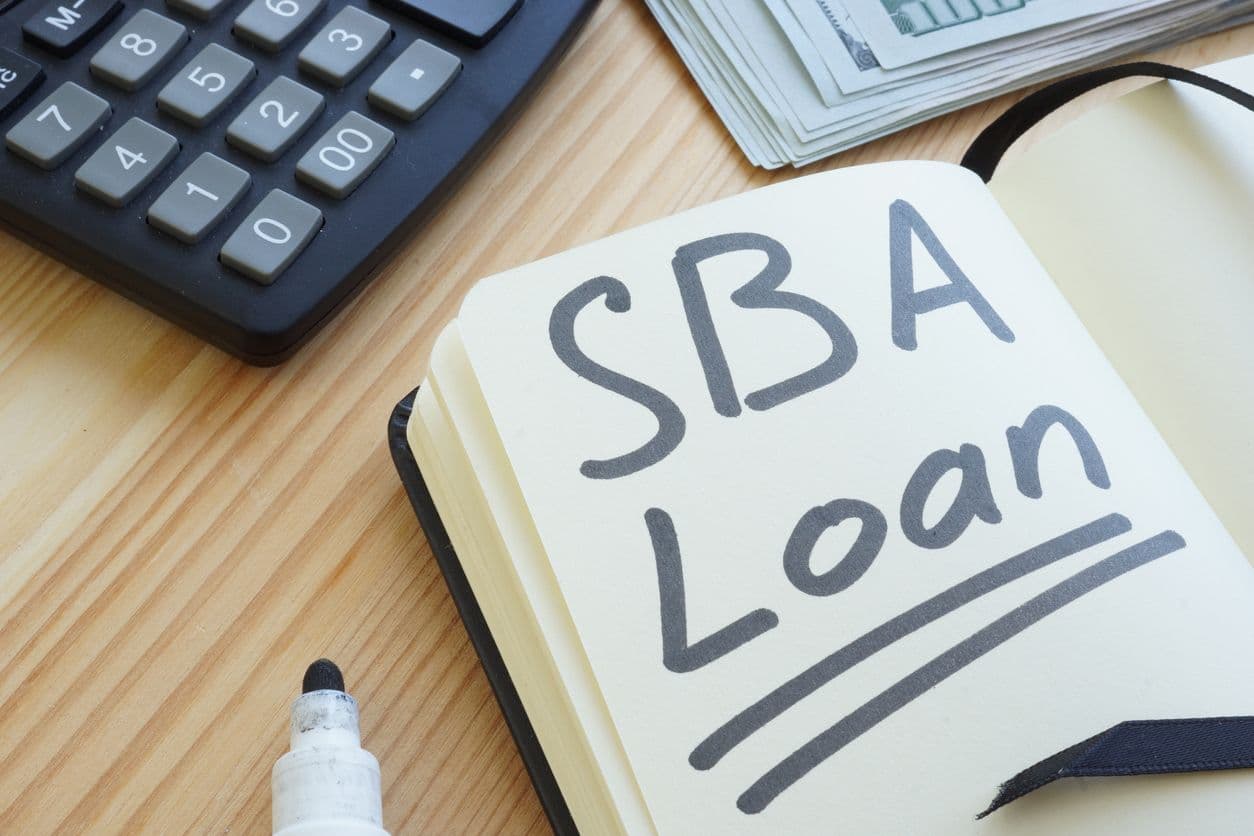The APR is the annual percentage rate, which is a critical number that indicates to borrowers how much they will have to pay in interest, plus other fees, to repay their debt amount. Not only does the APR help individuals decide which loan to apply for, but it can also be a key indicator of creditworthiness when borrowing money.
Empower yourself by understanding business loans APR fees, what goes into this rate, and how to choose a loan with a low fee. This knowledge can help small business owners avoid costly repayment terms and make informed financial decisions.
What Are Business Loans APR Fees?
A business loan APR shows how much the borrower must pay the lender over a year, including origination fees, underwriting costs, closing fees, and interest rates. This fee is considered an annual percentage rate, involving these other fees in addition to the interest rate.
The average APR for small businesses typically ranges from 6.14 to 12.47%, but this range depends on various factors that can influence which is the best option for saving money and avoiding hefty fees.
Types of APRs
There are two main types of APRs that individuals can find on their loans — fixed or variable.
- Fixed: This is constant and doesn’t change during the loan’s lifecycle. Fixed APRs can often be better for precarious business scenarios, as they make it easier for entrepreneurs to budget.
- Variable: This rate changes based on the index interest rate, making the APR more unpredictable; this could lead to lower or higher rates, making it more difficult for new businesses to budget appropriately.
Factors Affecting Business Loans APR
Understanding the numerous factors that can affect the business loan APR can help you be more prepared. Some of these factors allow borrowers to influence their likelihood of approval, while others are out of an individual's control.
Federal Funds Rate
The federal funds rate, which is based on the current economy, is a key factor that can influence the APR of business loans. The Federal Reserve's benchmark rate, which fluctuates based on inflation or recession, is a significant determinant of the APR.
Business Protocol and Characteristics
Lenders will consider a few key business characteristics when determining if they should ‘trust’ a borrower to repay the loan in full and on time:
- Age: A newer business is riskier to lenders, so establishing a company and showing profits, sales, and plans for the future increases the likelihood of loan approval.
- Revenue: Companies with a higher annual revenue are more desirable to lenders who prefer to avoid unnecessary risk or payback issues.
- Business plan: For new companies that don’t have the capital or history to secure a loan, coming up with a foolproof business plan gives lenders the chance to see how they will repay the loan.
- Credit: A personal credit score of higher than 500 is almost always required to secure a favorable small business loan.
Lender Type
The last characteristic that influences the loan's APR and approval rating is the lender's type. Different lenders have various approval methods, types of loans, interest rates, and fees.
Traditional lenders offer a wide variety of loans but often have harder requirements. Online and personal lenders are good for securing specific loans for specialized purposes, often funding small businesses with unique ideas that may have been unable to secure a traditional bank loan.
In addition, SBA loans are backed by the government and are suitable for those with poor credit. They offer relatively low interest rates.
Average Business Loan Rates in 2024
The Federal Reserve Bank conducted a study on the average interest rates for small business loans in the first quarter of 2024. The results showed that fixed-rate loans had an interest rate of 7.85%, whereas variable loans had a higher interest rate of 8.79%.
However, this isn’t the case for all borrowers—some business owners and entrepreneurs who don't meet the requirements or who have poor credit can find themselves at the higher end of the spectrum when it comes to the APR for business loans.
- Bank business loans: 7.85-8.79%
- Online business loans: 9.75%
- Business lines of credit: 7.58-9.35%
- SBA loans: 11.50-16.50%
- Merchant cash advance: 1.04-1.32 factor rate
- Bad credit loans: 20-99%
Business Loans APR Rates: Choosing the Best Options
There are a number of low-interest business loans suitable for small businesses and entrepreneurs. These loans feature a variety of APR and loan amount ranges and versatile application options. This variety can help you feel optimistic and hopeful about your funding prospects, regardless of your business sector.
SBA 7a Loans
The SBA(7a) loans are smart long-term investment options ideal for businesses that favor multi-year repayment plans, fast approval processes, and lines of credit that last up to a decade. Small business owners, entrepreneurs, and small-to-medium-sized businesses that need affordable repayment options will love this loan to help fund big-time purchases or consistent weekly expenses.
The main standout features of this loan are its availability across the United States, different lender options, and high loan limits.
SBA Microloans
For new startups that need to get off the ground and can’t afford or qualify for traditional financing options, SBA microloans may be the way to go. They help fund businesses in economically underdeveloped areas or niche startup companies.
The best features of these loans are the availability, online application process, small loan amounts, and easy qualification process.
SMB Compass
SMB Compass offers nine types of loans for small businesses, including invoice factoring, financing, and lines of credit. These loans provide new owners with a variety of choices that range from $5,000 to $10 million. The interest rates begin at just 5.25%, so entrepreneurs who have been in business for 12+ months and have a strong personal credit rating won't have to worry about a high APR.
The best characteristics of this loan are the availability in 42 states in the US, the online application process, and pre-qualification to speed up the approval decision-making steps.
Triton Capital
Triton Capital is the top-tier option for financing individuals with bad credit. If a business owner has poor or no personal credit, securing funding through traditional lenders can be nearly impossible. Triton offers SBA loans and working capital for entrepreneurs with interest rates as low as 5.99%.
The main benefits of Triton Capital loans are their availability in 50 states, low payment guarantee, and fast funding, which makes them desirable for business owners who need immediate capital to fund one-time purchases.
Bank of America
Lastly, Bank of America offers unsecured lines of credit, term loans, and working capital loans that don’t require ample collateral or high personal credit scores. Bank of America provides secured term loans with low interest rates of 7.25%, making it suitable for new entrepreneurs who don’t want business loans with a high APR.
The perks of this type of loan are that it has a history of more than 100 years of business, availability across the United States, an online application process, secured loan options, and an application preference reward for established Bank of America customers.
Importance of APR When Finding Funding Options
Business owners who are looking to secure immediate capital to make their dreams come true might wonder: What is the importance of APR? Of course, it is a good idea to find a bank loan with a low interest rate, or APR, but does it matter in the long run? In short, yes.
Individuals looking to borrow money from lenders must consider a few factors when applying for loans to get their business up and running. Although a high APR isn’t the end of the world, keeping the interest rates for borrowing as low as possible means you can save money in the long run.
Comparing Loan Types
When deciding between loans, individuals can choose the most favorable financing option by comparing APR rates.
Managing Credit
APR is essential for credit card owners who need to know how much to pay monthly to hit the minimum amount or pay off in full. A higher APR makes it more difficult to pay off debts, budget monthly expenses, and avoid debt, which can negatively affect an individual's credit score.
Avoiding Penalties
Credit card companies can issue a high penalty rate for individuals who do not make payments on time or meet the minimum amount. A penalty APR is often much higher than the typical APR, so applicants should compare the penalty rates to see the safest option in the event of a late or missed payment.
Boosting Personal Credit Score
Paying off credit card debts in full and on time helps reduce compounding debt, which boosts a person’s credit score. Keeping ‘used credit’ at a minimum, establishing a long-time line of credit, and showing ‘trustworthiness’ to lenders are all helpful ways to boost desirability when qualifying for loans from traditional banking institutions.
Business Loans APR Fees: Find the Best Choice for Your Startup
Finding the best loan option with low APR fees that meets your new business’ unique needs can be tricky — but we are here to help. Business Loans offers guides and hands-on help to new businesses, entrepreneurs, and small business owners who need to secure funding as soon as possible.
We offer guides on various types of financing options, such as invoice factoring, business lines of credit, business credit cards, SBA loans, and much more. Contact us to get started funding your business idea today.


